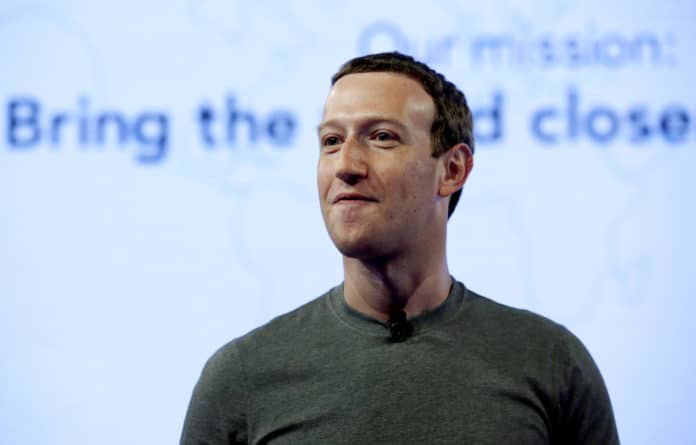Old habits are hard to break.
I took a peek at Facebook this week because my curiosity got the best of me and sure enough I remembered why the social media platform is so addictive.
A friend has suffered some heart problems and had a stent operation. I would not have known about it if I had not opened my account for perusal. Facebook is a great communication tool and holds communities of friends together but it is showing signs of age; I’m just one of many users who have been moving away from it.
Its demographic is aging quickly. I do not know anyone under the age of 20 who uses it. That age group prefers Snapchat and Instagram. Facebook’s audience in the U.S. and Canada has been leveling off and actually declining in some areas. But the company and its service are still massive compared to rivals. Facebook is reported to have 1.5 billion users compared to Instagram Stories with 400 million daily users, according to media reports.
For years my business friends have delighted in telling me their kids do not read newspapers. Well, guess what? Those kids don’t use Facebook, either.
My own goal has been to abandon Facebook and text my friends – old school contact in today’s techno world.
But I am moving more slowly in my exit from Facebook than the market has moved. Investors jumped like rats from a ship July 26, punishing the company with the largest one-day loss of value for a U.S.-listed company in stock market history.
Facebook lost $119 billion of value on that one day.
As the company attempts to get control over data breaches and tries to restore a reputation tarnished because of misuse of its information, confidence in the company continues to sink.
Years of corporate arrogance and greed coupled with Facebook’s bullying of advertisers is taking its toll. The company’s strategy, believe it or not, is similar to that of publishing and broadcasting, centering around building an audience and then selling that audience to advertisers.
It’s a sound strategy but Facebook has grown so fast and has been so lacking in oversight and controls that consumers and businesses are losing confidence. When public trust begins to wane, businesses pay the price.
New York Times technology writer Kara Swisher offered an in-depth analysis of the problems facing Facebook and CEO Mark Zuckerberg in an Aug. 2 opinion piece focusing on the company’s continuing failure to prevent “malevolent actors” from misusing the network. The op-ed is headlined “The Expensive Education of Mark Zuckerberg and Silicon Valley” and it’s worth reading. Here’s a link.
Facebook’s massive value loss produced headlines that seemed dire but the company is still a financial behemoth. One report said Facebook, in spite of its damaged reputation and disfavor with investors, saw advertising revenue grow just over 40 percent, to $13 billion, from one year to the next.
That advertising revenue was only slightly below a predicted $13.2 billion but Wall Street viewed the missed number as significant when compared to huge gains by companies such as Netflix, Amazon and Microsoft.
Still, a company with $13 billion in revenue and one that remains incredibly profitable is not one to write off in an instant. That amount of money provides Facebook with the cash to hire people who can help fix its problems and also hire those who can formulate a strategy to keep it relevant.
And consider this. One week after Facebook made financial history in a bad way, tech giant Apple made history of its own by becoming the first publicly traded company to reach $1 trillion in value. The purveyor of iPhones and other modern wonders achieved that milestone just over two decades after facing near bankruptcy and a stock price under $1 per share. At midday Aug. 3, Apple Inc. was trading at more than $208 per share.
Apple beat the odds but Facebook probably doesn’t have 20 years to turn things around. The age of technology is about speed and innovation combined. Consumer information trends, changing demographics and competitors’ new products will continue to challenge Facebook. The company will have to adapt, lose its corporate arrogance and listen to a distrusting public. If it does not change, Facebook will continue to fade in relevance – slowly, perhaps, but surely.
Richard Connor is president and publisher of the Fort Worth Business Press. Contact him at rconnor@bizpress.net






